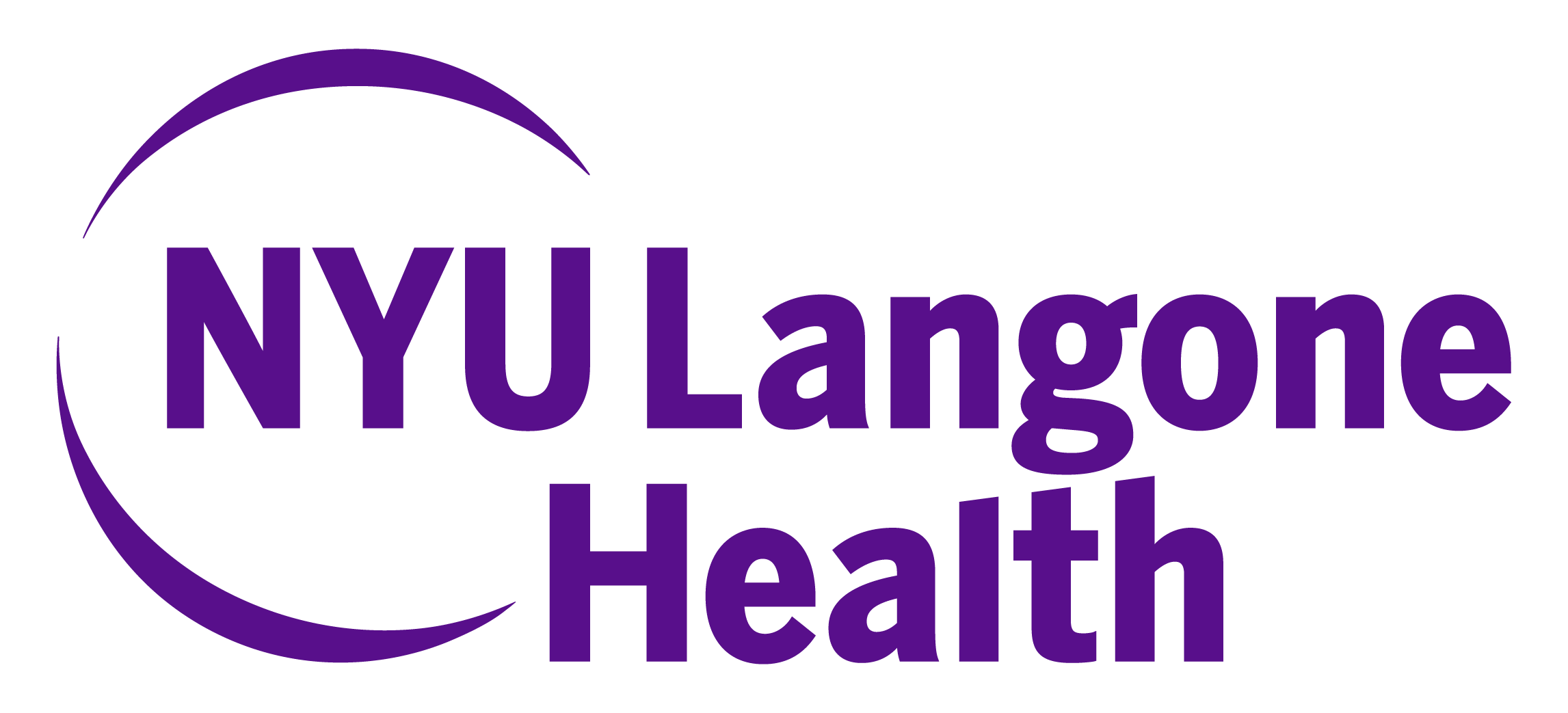- Advertise
- About OncLive
- Editorial Board
- MJH Life Sciences brands
- Contact Us
- Privacy
- Terms & Conditions
- Do Not Sell My Information
2 Clarke Drive
Suite 100
Cranbury, NJ 08512
© 2025 MJH Life Sciences™ and OncLive - Clinical Oncology News, Cancer Expert Insights. All rights reserved.
Dr. Diefenbach Explains Antibody Drug Conjugates
Catherine M. Diefenbach, MD, assistant professor, medicine (hematology and medical oncology), Perlmutter Cancer Center at NYU Langone, explains antibody drug conjugates (ADCs)
Catherine M. Diefenbach, MD, assistant professor, medicine (hematology and medical oncology), Perlmutter Cancer Center at NYU Langone, explains antibody drug conjugates (ADCs).
Diefenbach says an ADC is a “smart bomb” that delivers chemotherapy to a tumor cell without targeting neighboring cells. ADCs work by choosing an antibody, which allows for differential targeting. However, many naked antibodies are not active, Diefenbach says.
The premise of the ADC is to use the antibody as a means for differential drug delivery. Diefenbach says an ADC conjugates the antibody to a cytotoxic molecule. The molecule that is conjugated to the ADC needs to be something that can be cleaved once the antibody is taken up inside the cell, Diefenbach says, or else the cytotoxic molecule will not be able to do its job.
Designing a good ADC is not easy, as there are many variables surrounding the delivery of the agent, Diefenbach says.


